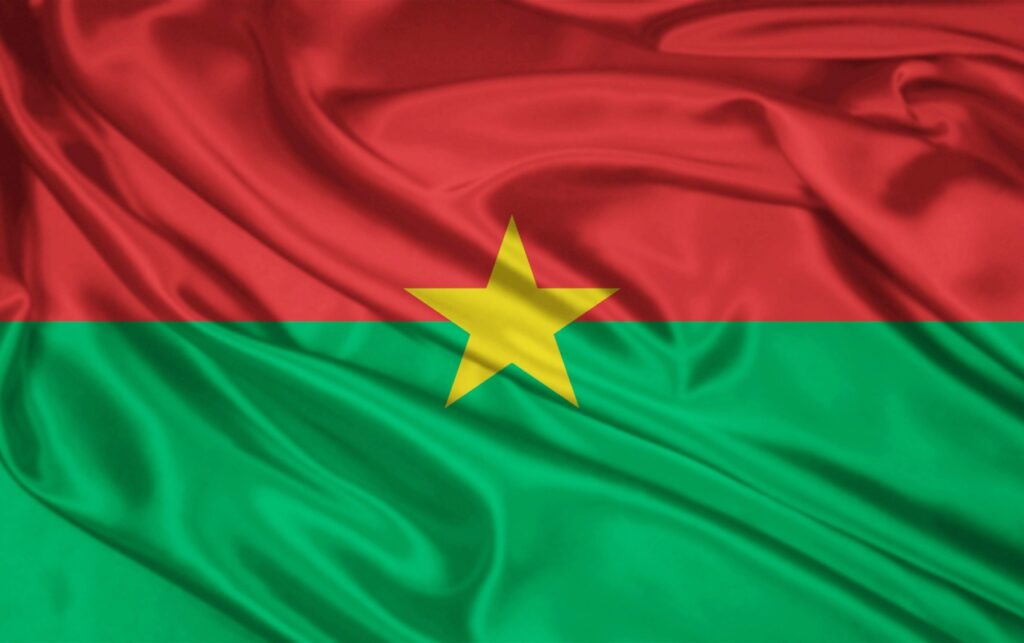A Longing Most Supreme…
By Kolawole Oludamilare

There are many captivating pictures in Burkinabe. The film, co written and directed by Nthato Mokgata and Carla Fonseca, opens with images of African landscapes, followed by one of an old woman.
A boy utters the film’s first words. He is shown looking up, mesmerised by a blue sky and an airplane. “One day I’ll be up there, flying in the sky with all those people,” he says.
The camera traces this boy’s fantasy and we are introduced to the film’s protagonist Mariam, who is looking down at a vast arid land. Her eyes hold a longing entirely different from his.
Mariam is ill but what she wants—even beyond the possibility of being healed—is to find her roots. Her mother had given her up for adoption when she was a child. She says her adoptive parents are “nice” but has always felt disconnected.
She meets Moussa, a handsome local transporter, who is himself burdened with his own life—past and present. He leads a miserable life, indebted to more people than he can possibly count and always running away from them; he is addicted to gambling and drinking; he is in love with a prostitute who will never love him back. And he has a woman and child he cannot cater for. He also suffers a nightmare each time he sleeps. Upon meeting Mariam, he becomes quite the strategic escapist, quickly seeing her as a means to leave everything behind and flee. They travel down south to find Mariam’s ancestral home.
Burkinabe treads a couple of thin lines: between being a documentary film and a feature film; between having the characters alive and having them from the realm of the dead.
“Maybe I’m just a ghost now,” Mariam tells Moussa, when the latter asks if she wants a doctor to treat her, “maybe I’m dead”.
In a film of striking images, a scene at a lake is most enthralling. Mariam takes a bath in a lake and is moved to tears in what looks like the satisfaction of a great longing.
In contrast to Mariam’s, the prostitute’s story is traced back to a village where extreme poverty makes her determined never to return home. But they belong to different contexts: it’s one thing to know one’s root and choose to disown it; it is another not to know at all. Burkinabe suggests that there is an intrinsic complacency at the soul of one who knows her roots.




